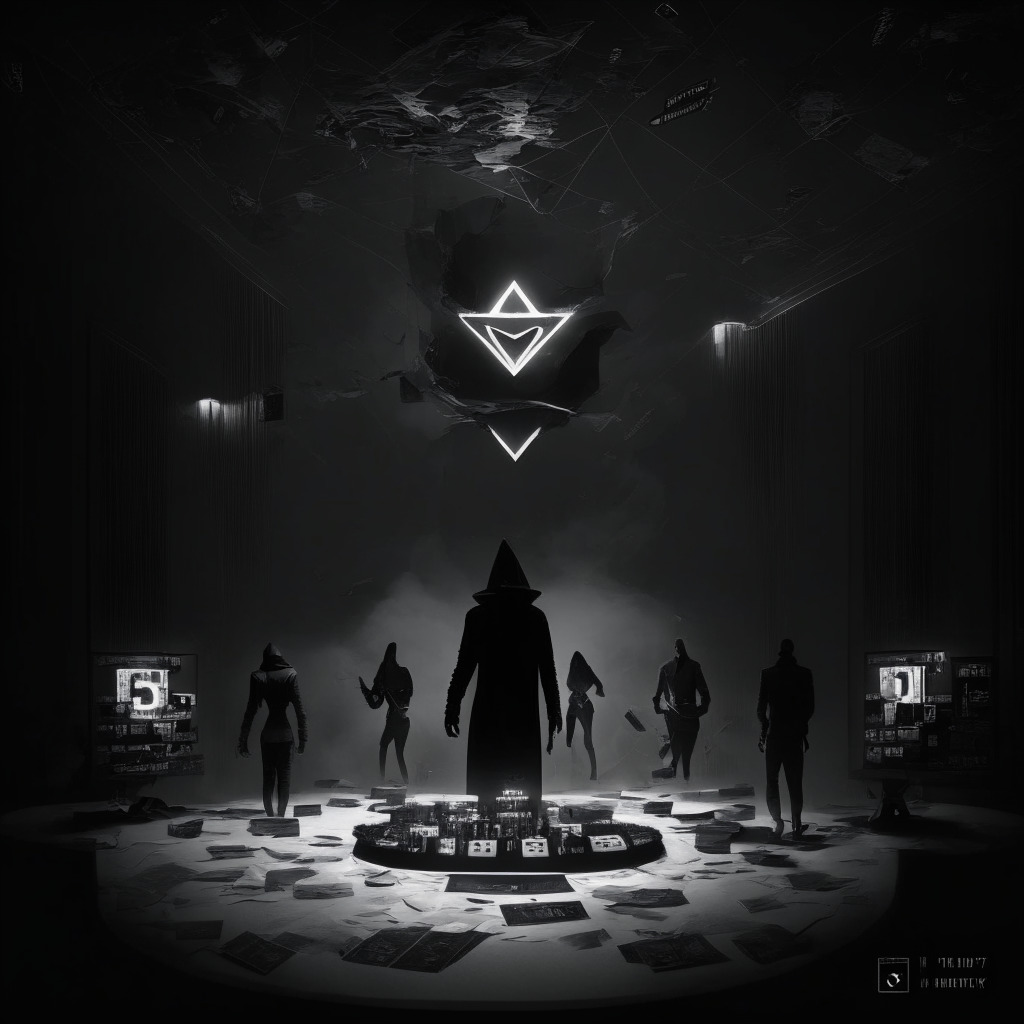The notorious North Korean hacking organization, the Lazarus Group, has been fingered by the FBI as being responsible for pilfering a whopping $41 million from the online crypto casino Stake. The online assault, which occurred on the 4th of September, successfully siphoned funds across various blockchain networks including Ethereum, BNB Chain (previously known as Binance Smart Chain/BSC), Bitcoin, and Polygon, as per the FBI’s recently released statement. The FBI’s statement disclosed 33 wallet addresses allegedly involved in this act of large-scale cyber theft, which it has officially attributed to North Korea’s Lazarus Group.
Stake, a crypto casino endorsed by popular rapper Drake, began observing abnormal outbound transactions only on Monday of that week. These transactions were detected by blockchain security firm PeckShield, who promptly shared a link to the evidence of this on-chain activity. Supporting this discovery, other blockchain security companies, including Beosin, estimated the loss to be approximately $41.35 million, with $15.7 million swindled from Ethereum, $7.8 million from Polygon, and a sizable $17.8 million pilfered from Binance Smart Chain.
The substantial loss seemingly failed to halt operations for long, with Stake resuming services later the same day and offering a nonchalant apology for “any inconvenience.” The Lazarus Group, known to be one of the most infamous cybercriminal entities within the crypto space, is believed to have been the mastermind behind numerous large-scale hacks. Notably, a significant proportion of the ill-gotten gains are allegedly used to fund North Korea’s nuclear and ballistic missile program. One of the most well-remembered cyber heists credited to them is Axie Infinity’s Ronin bridge hack, which the US Treasury Department and FBI claimed the Lazarus Group perpetrated.
Indeed, the audacious heist showcases the inherent risks present within the crypto sector and compels us to critically analyze the security measures currently in place. However, the resilient response from Stake reminds us how the rapidity of remedial action can ameliorate the popular perception of such large-scale breaches in security.
Source: Cryptonews




